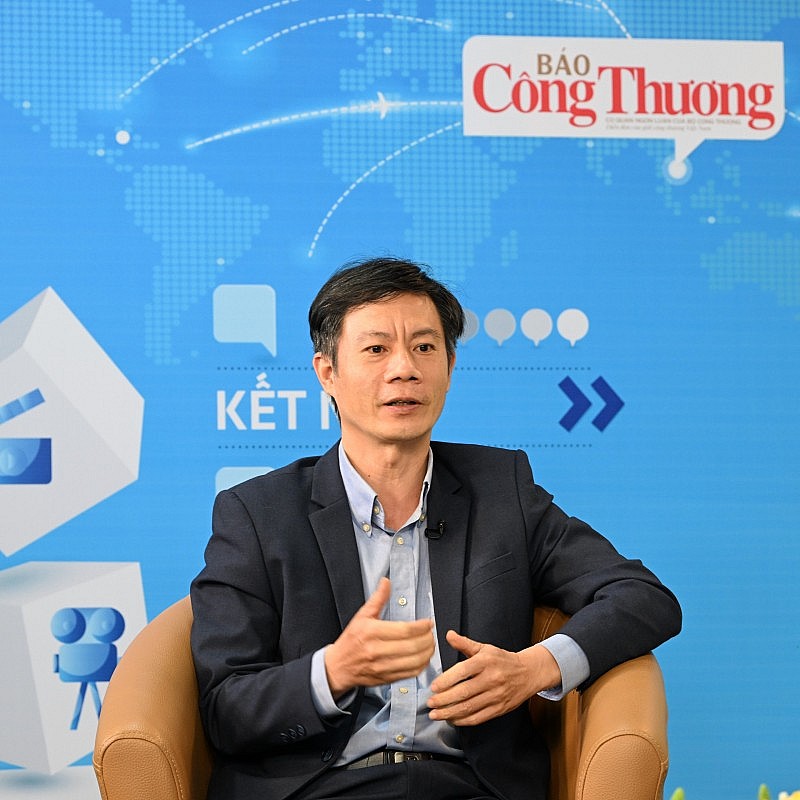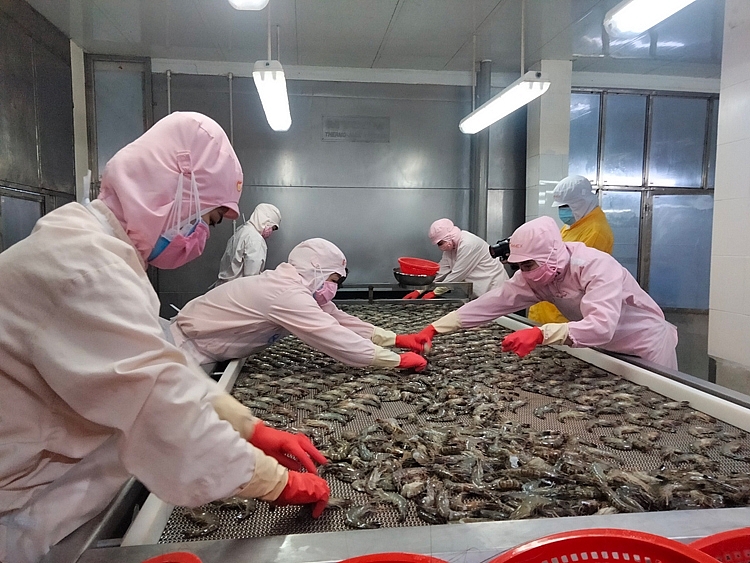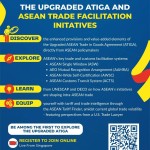Total number of posts 463.
Dr. Le Duy Binh, economist, Director of Economica Vietnam shared about solutions to build Vietnamese brands when exporting to CPTPP market.
Sir, what do you think about the ability of Vietnamese enterprises to take advantage of the CPTPP Agreement after more than 4 years of the Agreement's entry into force?
When the CPTPP Agreement was signed, Vietnamese enterprises made good use of this agreement, reflected in the export turnover to countries included in the Agreement that has grown strongly in recent years. There are markets with growth of up to hundreds of percent, especially previously unexploited markets and Vietnam's strong commodities such as agriculture, forestry, fisheries, electronics, etc.

Dr. Le Duy Binh, Economist, Director of Economica Vietnam
In addition, enterprises have shifted towards production and business methods to meet the requirements of sustainable trade and sustainable development in the requirements of CPTPP.
Because CPTPP, like many 2nd generation FTAs we have signed, requires sustainable development requirements for the environment, working conditions, social security and a series of other requirements. These requirements require businesses to transform and change their management methods to meet the requirements. This in the long run will also have a good impact on improving the competitiveness of Vietnamese enterprises, not only to meet the requirements of the CPTPP market but also other fastidious markets such as the EU, Japan, ASEAN, Northeast Asia.
There is an opinion that despite exporting a lot, the building of Vietnamese brands in the CPTPP market has not met expectations. What is your view on this?
Branding is always a problem for Vietnamese businesses. Most Vietnamese businesses are only interested in how much they can export and how much they export. The new production and processing only focuses on the production of products or raw materials, after which the products are packaged and exported under the name of another brand. This results in much of the added value of which the product retains is relatively low. This fact poses the problem of building a brand for businesses, for products and goods supplied from our market.
Branding requires our efforts in not only a single business but also the whole value chain, the whole ecosystem that that business coordinates. For example, to export 1 item, behind it are many other actors in a value chain, from producers processing the initial product, preliminary processing and deeper processing. Thus, this requires very different efforts of many actors in 1 value chain. If we succeed in branding, the value of goods will be able to double or 3 times.
For example, with rice, when exported under the brand of Vietnamese enterprises, it will help increase the value greatly. I know that Loc Troi's rice has now been exported at a price of up to 4,500 Euros / ton, dozens of times higher than unbranded rice. Therefore, if we focus on branding, it will create great value for businesses, export industries and our own economy.
Branding is a long journey, requiring huge investment and effort. What advice do you have for businesses and state management agencies in building brands in general and brands in the CPTPP market in particular?
I think branding should be one of the priorities along with increasing the amount of value of goods expected to be exported to a market. The export turnover criteria must be accompanied by other indicators such as how much value added retains the economy, how much value the exported goods create for our economy when exported to a certain market.

Fisheries are one of the main exports to CPTPP
For the CPTPP market, it is not only measured by increasing exports to one market in the CPTPP but it needs to be measured by other values such as the added value of goods produced in Vietnam and how much is exported to the CPTPP market. Use those numbers to get back on investment and accomplish other goals like branding value. From such perspectives, we will have ways to support businesses to build brands and create the best added value in this value chain.
Thank you!














